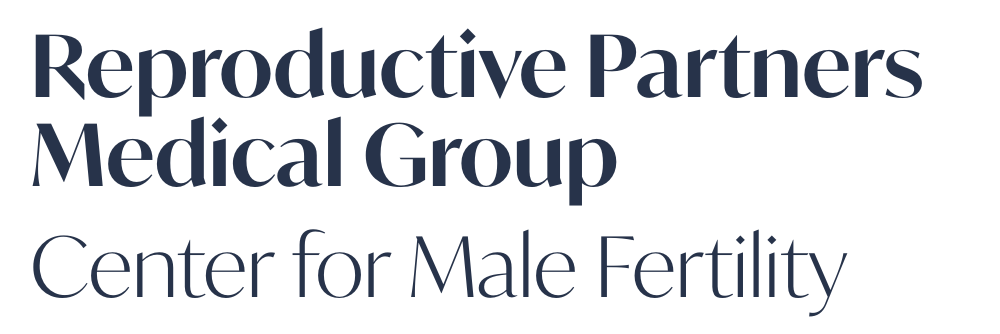)
)
)
)
FAQs
It’s a good idea to consider an evaluation if you’ve been trying to conceive with a partner for 6 months or longer (if she’s under 35) or 3 months or longer (if she’s over 35), especially if you’ve had a history of medical conditions that could impact fertility - like past testicular injury, unexplained low sperm counts, or prior surgeries. Also, risk factors such as diabetes, varicoceles, hormonal issues, or lifestyle habits like regular vaping or obesity may warrant a check-up. We offer an initial consultation, hormone panels, and semen analysis to help determine where to go from here.
A general urologist treats a broad range of men’s health and urinary issues, while a reproductive urologist is a board‑certified urologist with subspecialty training focused on male fertility and reproductive health. They’re experts in male factor infertility and skilled in diagnosing conditions like low sperm count, hormonal problems, or anatomical blockages, and offering tailored treatments - from varicocele repair to assisted reproductive techniques.
Most men don’t require surgery. However, in cases of correctable conditions - like varicoceles, blockages in the reproductive tract, or undescended testes - surgery may be recommended to help improve sperm quality. Treatment decisions are always based on individualized evaluation and discussion of potential benefits and risks, and surgery is only one of several options we may consider alongside lifestyle changes or medical therapy.
Yes - fatherhood after vasectomy is possible. Options include vasectomy reversal, a microsurgical procedure to restore fertility, or sperm retrieval combined with IVF/ICSI (in vitro fertilization with intracytoplasmic sperm injection). Your reproductive urologist will review your medical history, timing of vasectomy, and personal goals to determine which path may work best.
Treatment timelines vary depending on the underlying cause and chosen approach. Lifestyle and hormonal optimization may start showing results within 3 to 6 months, while surgical interventions, healing time, and subsequent sperm improvement might span 6 to 12 months. Assisted techniques like IVF or ICSI generally take a few weeks from preparation through egg retrieval and embryo transfer. We’ll walk you through a personalized roadmap so you know what to expect.
Coverage depends on your specific insurance plan. Some plans offer partial or full coverage for fertility evaluations, semen analysis, hormone testing, or even surgical treatments. Others might classify certain procedures as elective. We’re happy to verify your coverage and provide guidance on flexible payment options and care packages, ensuring clarity before any decisions are made.
)


)
